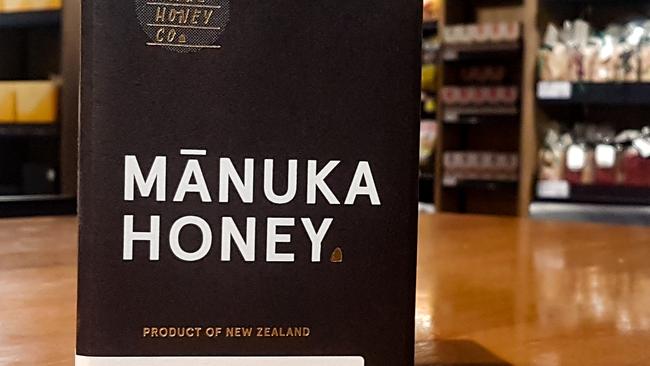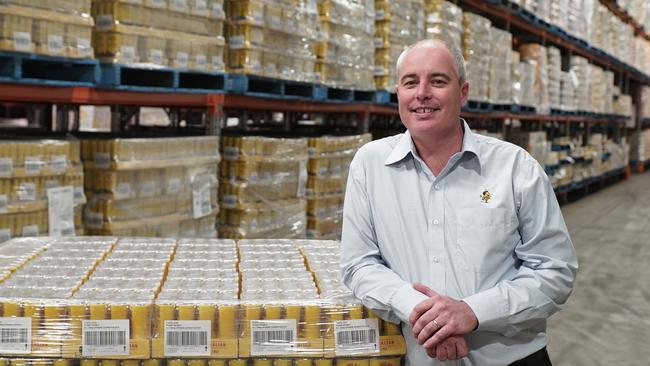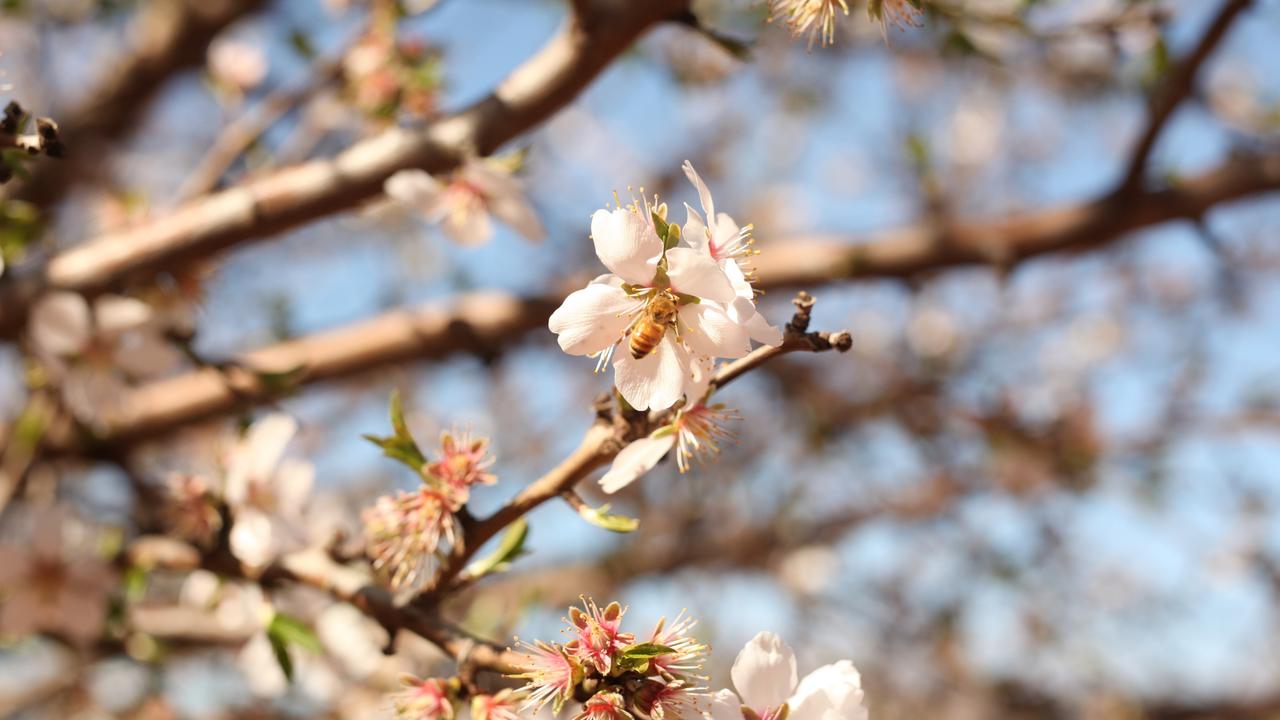Sticky manuka branding brawl legal threat
Australian manuka honey producers have threatened legal action if their New Zealand counterparts do not halt a controversial new ad campaign.

Australia’s manuka honey producers have sent a fiery cease and desist warning across the ditch, accusing their New Zealand counterparts of using “dirty tricks to mislead consumers”.
The stinging salvo is the latest shot in a years-long, trans-Tasman war that has waged between honey farmers over who can rightfully use the Manuka moniker.
The current flare-up centres around a new Unique Manuka Factor Honey Association campaign indicating that manuka honey made outside NZ is not authentic.
In a letter sent by Addisons special counsel Richard Keegan, and seen byThe Weekly Times, the Australian Manuka Honey Association has demanded the UMFHA cease making the claims and publish a correction on its website.

The AMHA fear the campaign could put a dent in its share of an almost $1.27 billion global market, with manuka honey products selling for $300 to $500 per kilo.
It has given the UMFHA – a body representing manuka beekeepers, processors and marketers – until next Tuesday to respond.
“If we do not receive a satisfactory response by that time, we anticipate receiving instructions from our client to commence legal proceedings against the UMFHA and/or (UMFHA CEO John Rawcliffe), without further notice,” Mr Keegan wrote.
The claims are based on a UMFHA-commissioned study that surveyed 41 brands of honey – that were not made in NZ and labelled as manuka honey in overseas markets – and found they did not meet the UMFHA’s criteria for manuka.
The key aspect of the criteria is that none of the brands were produced within NZ from Leptospermum scoparium, being one of the two Leptospermum species that exist in New Zealand.
However, Australia is home to 83 of the 87 known Leptospermum species.
The March 27 letter said the campaign was likely to mislead consumers within the meaning of Australian Consumer Law and equivalent international legislation.
“Specifically, the representations are likely to mislead consumers into believing that manuka honey products produced by AMHA members are inferior to manuka honey products which are produced by New Zealand manuka honey producers,” it said.
“Any suggestion in these circumstances that Manuka Honey constitutes a geographic indication is not only false, but knowingly so.”

AMHA chairman Ben McKee said the UMFHA campaign would have serious consequences for local beekeepers.
“While we don’t enjoy conflict with the New Zealand industry, we will not allow them to portray our product as somehow inauthentic or inferior, especially when the scientific evidence shows Australian manuka is as potent, if not more than, New Zealand manuka honey,” Dr McKee said.
“It appears the UMFHA has a real – and I must say justified – fear of competing against Australian manuka honey.”
The cease-and-desist letter follows five years of legal battles and trademark applications by NZ producers across the US, EU, UK, China and New Zealand in attempting to monopolise the market and stop Australian producers from marketing their products as “manuka honey”.
None have been successful and the current UMFHA campaign seemingly contradicts previous official findings that manuka honey can be gathered from any Leptospermum subspecies.
The war hinges on the New Zealanders’ claim that manuka is a Maori word that references a native tree where bees pollinate and produce honey.
However, some believe the NZ species are more ‘True Blue’ than ‘All Black’, and actually blew over from Victoria or Tasmania years ago.
“Having had no success through legal channels, they have resorted to a misleading and anti-competitive publicity campaign. It’s simply sour grapes following their unsuccessful attempts to exclude other producers from the market,” Dr McKee said.
The UMFHA were contacted for comment.




